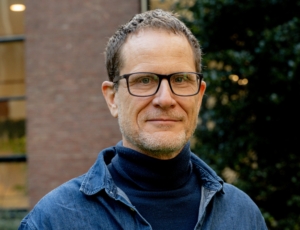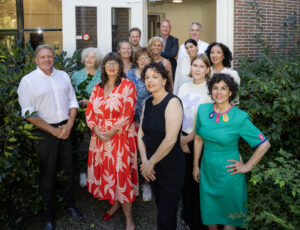Monetary economist Giancarlo Corsetti (University of Cambridge and Duisenberg Fellow at NIAS), will discuss the past, present and future of European crises, in a lunch seminar at the Duisenberg School of Finance.
About the Lecture: European Crises: Past, Present and Future
The development of a common currency in Europe has been marked by recurrent crises. This is hardly surprising. Economic theory has long established that sovereign states trying to lock exchange rates in a system of quasi-fixed parities (as occurred throughout the 1980’s and the 1990’s), or to adopt a common currency can only be successful under strict conditions. The consequences of giving up monetary autonomy must be minimized and/or compensated. System-wide institutions are needed, to prevent large imbalances from building up, and to contain their negative impact on stability if they emerge.
The lecture draws lessons from a comparative analysis of the European currency and financial crisis of 1992-93 and the current crisis, interpreted as manifestations of ineffective intra-European cooperation. As deep policy conflict on the crisis resolution erodes trust among policymakers, individual country’s efforts to adjust can be frustrated by binding system-wide constraints and instability.
About Giancarlo Corsetti
Giancarlo Corsetti is Professor of Macroeconomics at the University of Cambridge. He is the Willem F. Duisenberg Fellow 2011/12 at NIAS. The Duisenberg Fellowship is an invitational fellowship for researchers from abroad who have an outstanding record in the field of applied monetary economics, macro-economics or public finance.
About the Seminar
The seminar “European Crises: Past, Present and Future” is held on Wednesday 20 June 2012 in Amsterdam and starts at 12.15. It is organised by the Duisenberg School of Finance, the Tinbergen Institute and NIAS. Those interested in attending, are welcome (free of charge), but please reserve a seat by sending an email to Communication.



